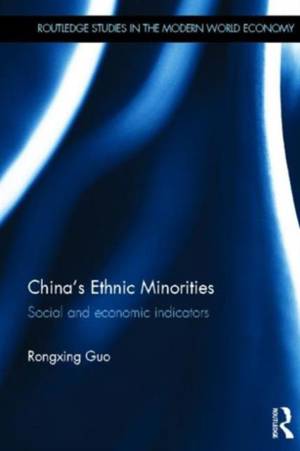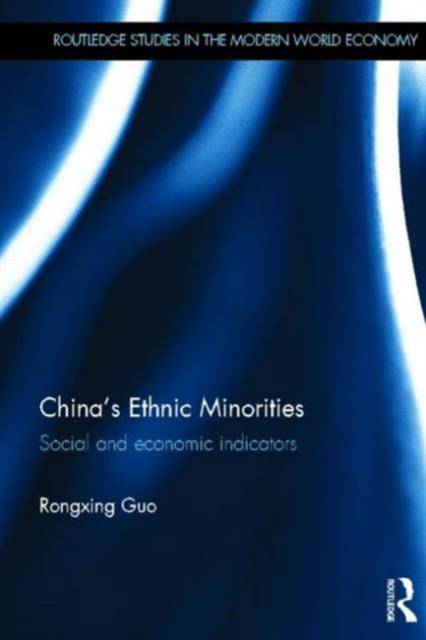
- Retrait gratuit dans votre magasin Club
- 7.000.000 titres dans notre catalogue
- Payer en toute sécurité
- Toujours un magasin près de chez vous
- Retrait gratuit dans votre magasin Club
- 7.000.0000 titres dans notre catalogue
- Payer en toute sécurité
- Toujours un magasin près de chez vous
Description
The majority of China's population is the Han. Till now, China has officially identified, except for other unknown ethnic groups and foreigners with Chinese citizenship, 55 ethnic minorities. Ethnic minorities vary widely in size in China. With a population of more than 15 million, the Zhuang have been the largest minority group, and the Lhoba, with only 2 thousand or more, the smallest. China's ethnic diversity has resulted in a special socioeconomic landscape of China itself. The book sets out to collect and estimate a full set of data on the socioeconomic situations of China's ethnic minorities.
Till present, a complete socioeconomic picture of China's ethnic groups still remains unclear from China's official sources. How different have been China's ethnic minorities in every sphere of daily life and economic development during China's fast transition period? In order to answer these questions, we need a detailed and comparable set of data for each of China's ethnic minorities.
This book provides, in an easy to use format, a broad collection of data on China's 55 ethnic minorities. It is a resource book that profiles the demography, employment and wages, people's livelihood, agriculture, industry, education, science and technology, and culture, sports and public health for each of these ethnic minorities. These indicators, estimated on the author based on materials gathered from a variety of sources and clearly presented in one volume, will be of great value to researchers, businesses, government agencies, and news media.
Spécifications
Parties prenantes
- Auteur(s) :
- Editeur:
Contenu
- Nombre de pages :
- 256
- Langue:
- Anglais
Caractéristiques
- EAN:
- 9780415810159
- Date de parution :
- 26-02-13
- Format:
- Livre relié
- Format numérique:
- Genaaid
- Dimensions :
- 175 mm x 249 mm
- Poids :
- 1056 g

Les avis
Nous publions uniquement les avis qui respectent les conditions requises. Consultez nos conditions pour les avis.






